Such an interesting question! Why do we tolerate poor behaviour in the workplace? The responses I am often afforded include:
- I can’t do anything about it; it’s not my job to.
- My manager is useless, it’s their problem not mine.
- That’s Harry; he’s always been that way.
- It’s not worth the effort to say anything.
- HR never do their job! We just can’t do anything about it!
My thoughts when I hear these excuses….? Poor behaviour is everyone’s fault and responsibility!
Poor behaviour impacts directly on team morale and performance. If you do not align vision, behaviours and consequences you are not driving a high performance team. Why would you want to work on a team that is not focused on being the best? You need to move porcupines up, by developing their behavioural capabilities; or move ‘em out and off the team!
Nobody likes a porcupine! [As I say, there’s often a prick on every team!] so why do we let them stay? I surmise it’s because we don’t know how to correct their behaviour. So here are my tips on dealing with a team porcupine:
- Establish a shared team vision and purpose; ensure everyone knows how the work they do contributes and aligns to the team goals and the organisational vision.
- Agree on how you are going to do business with one another; set ground rules, values and behaviours that you all agree to adhere to.
- Determine clear consequences for a breach in behaviour; there has to be a known consequence.
- Engage in crucial conversations with team members every time there is a breach in agreed team behaviour. It is not the manager’s job to do this alone; take responsibility for your own environment, happiness and team conduct; of course you can tell someone when they are not adhering to the agreed behaviours….it’s a public work space!
- Straight talk with a colleague about agreed team behaviour doesn’t equal confrontation! Change your mindset and engage in a conversation to grow and develop team performance. It’s not personal… business is a team sport.
- If the poor behaviour continues, meet with the person in private and describe to them clearly the behaviour that is inappropriate and needs to stop. Tell them how it makes you feel to witness this behaviour; the impact it is having on you and the team. Let them know that you do not want to see it continue and that if it does, there will be a consequence [that you would rather not initiate; that is their choice]. Probe how you can help them to adapt or change their behaviour if they are unable to identify how to rectify things themselves. Remain steadfast that continuance of the behaviour will not be tolerated.
- If it happens again, you must start the formal performance improvement process. No consequence, means no change in behaviour. Consult with your manager and HR first; they are there to help you despite what you may think! Role play with them exactly what you are going to say. The first place a porcupine heads after a formal performance improvement meeting is to your manager and HR; so make sure they both know what is coming!
- Follow the performance improvement process to ‘manage up’ or ‘manage out’ the porcupine. No one respects a manager or a colleague who enables poor team performance. It’s just not what winning team players do!
- Be ok when they claim ‘bullying’…. it’s just what they do! In their perspective, you have. In your perspective, you have addressed inappropriate team behaviour and been clear on your expectations. For the record…when done correctly, this does not constitute bullying; but they may claim it.
If you want a visual reminder of how to deal with a porcupine, consider purchasing our leadership vision board cards to keep a reminder on your desk every day!
If you have tips and tricks on how to deal with a porcupine, leave them below or comment on Facebook or LinkedIn…. I always value hearing your thoughts and opinions!
















